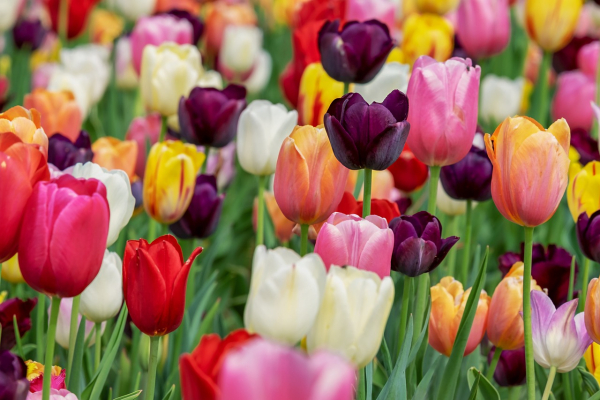Technology Serving Nature
Theo, a boxy robot named after a retired employee of the WAM Pennings farm near the Dutch North Sea coast, utilizes advanced AI technology to patrol the tulip fields. It works on weekdays, weekends, and nights, meticulously checking each plant for signs of disease. When it finds diseased bulbs, it immediately destroys them to prevent the spread of the tulip breaking virus (TBV), which inhibits the growth and development of plants, leading to smaller and weaker flowers.
Investing in the Future
Despite its high price, Theo is becoming an increasingly valued tool in the fight against plant diseases. Allan Visser, a third-generation tulip grower, admits that fewer and fewer people can actually spot sick tulips with the naked eye. Thanks to robots like Theo, Dutch farmers can not only protect their crops more effectively but also ensure the high quality of exported flowers. There are already 45 such robots operating across the Netherlands, and their number is expected to increase with the arrival of warmer days and the peak of the tulip blooming season.
Dutch tulip fields, known for their giant color mosaics that attract tourists from all over the world, have the chance for even better protection against diseases thanks to new technologies. Investing in robots like Theo is a step towards the future of agriculture, where harmony between tradition and modernity allows for sustainable development and the protection of valuable natural resources.


